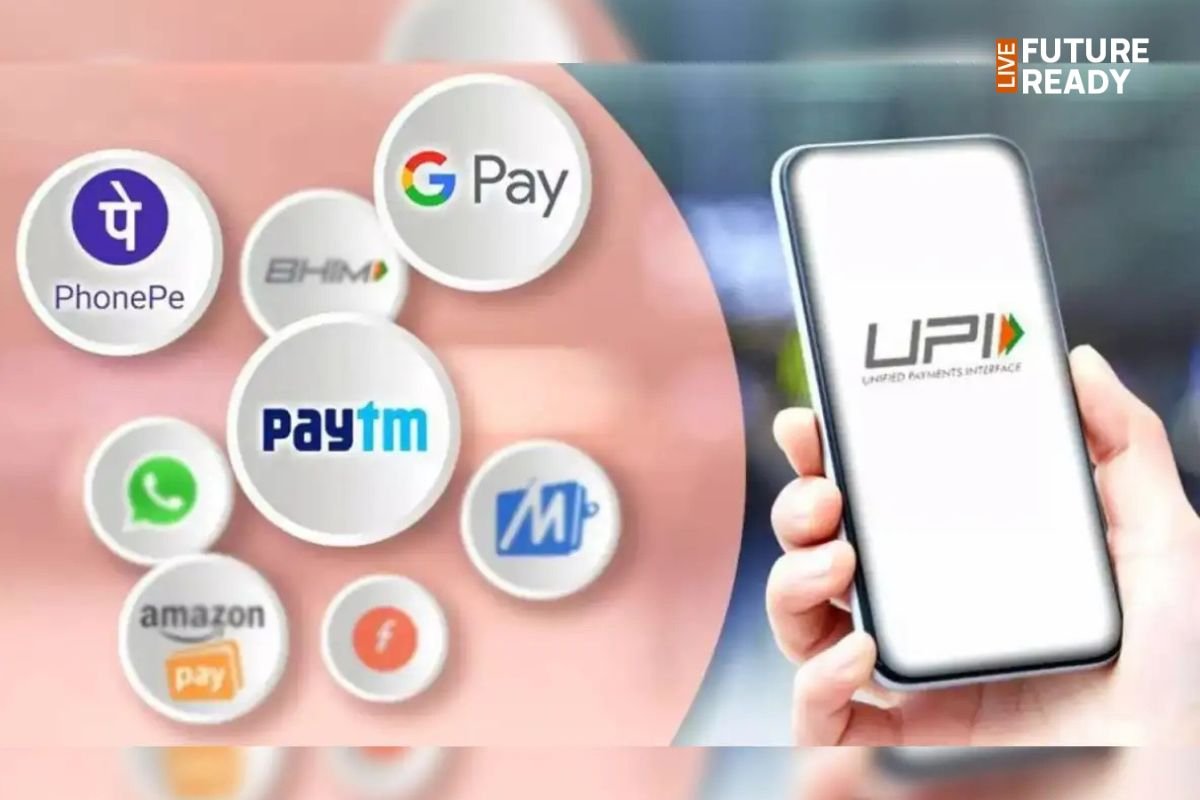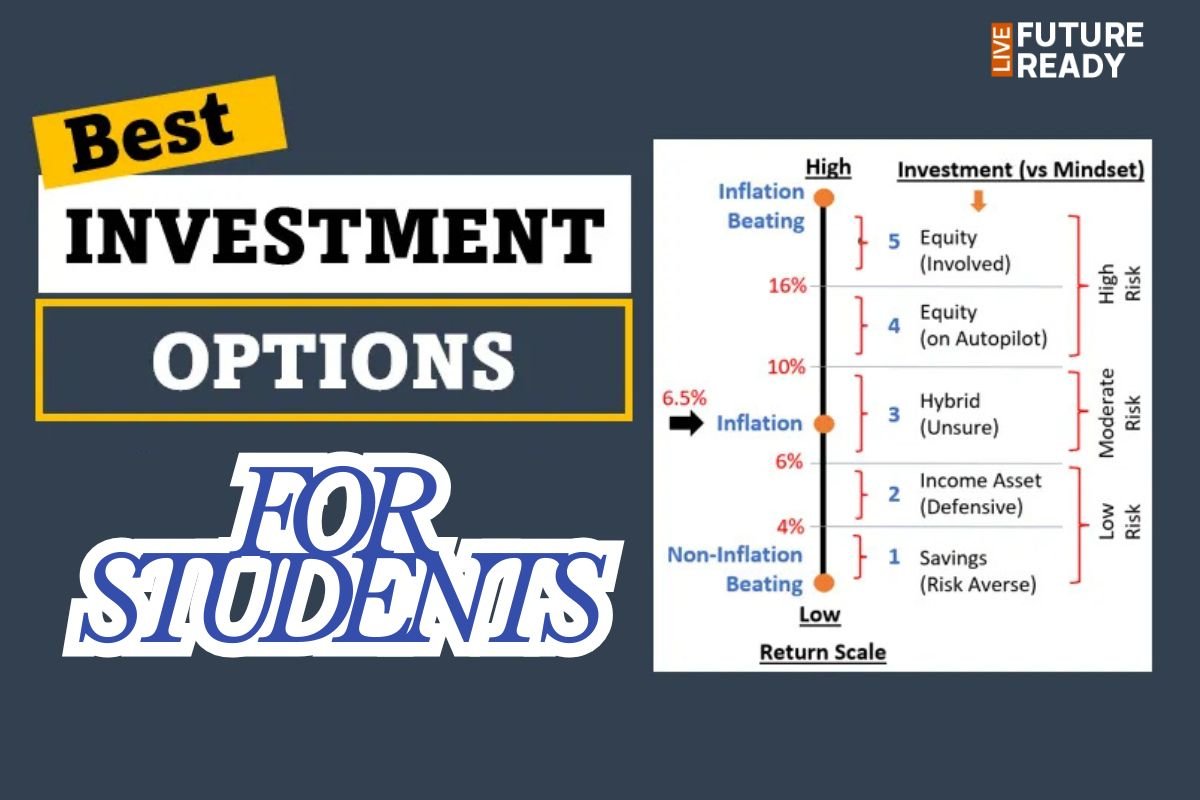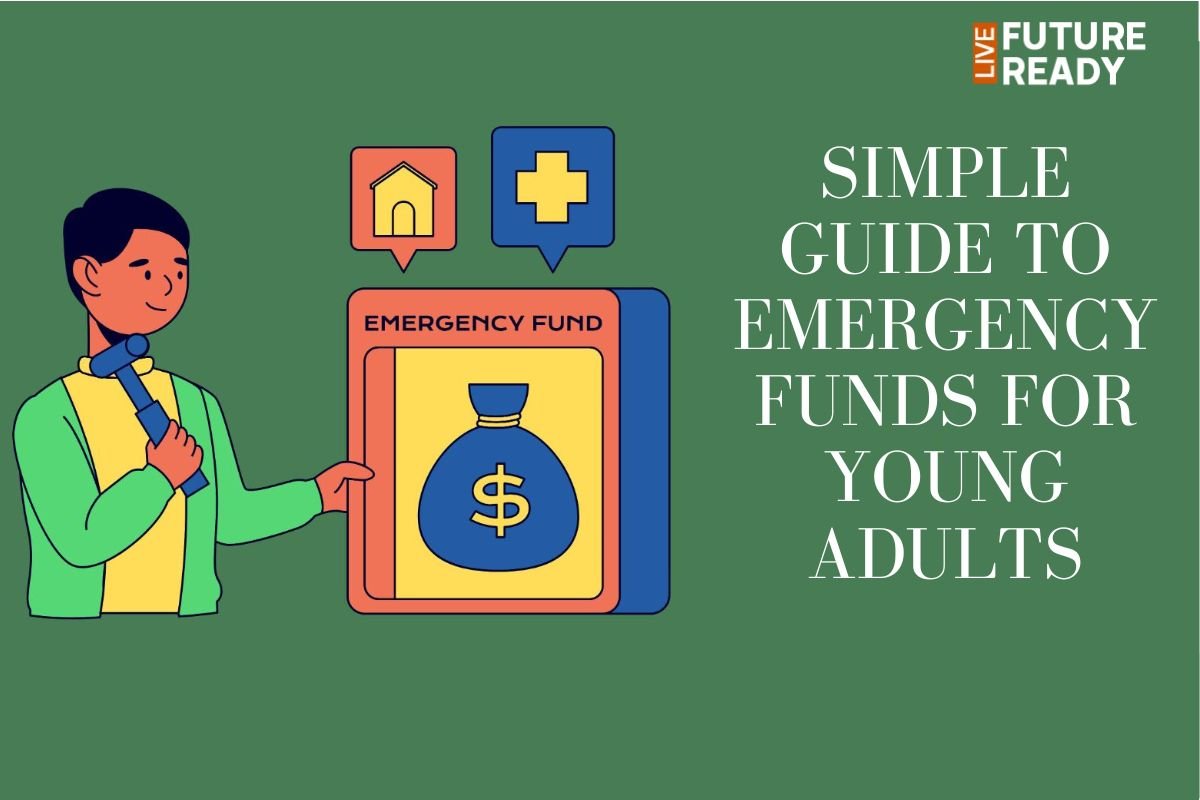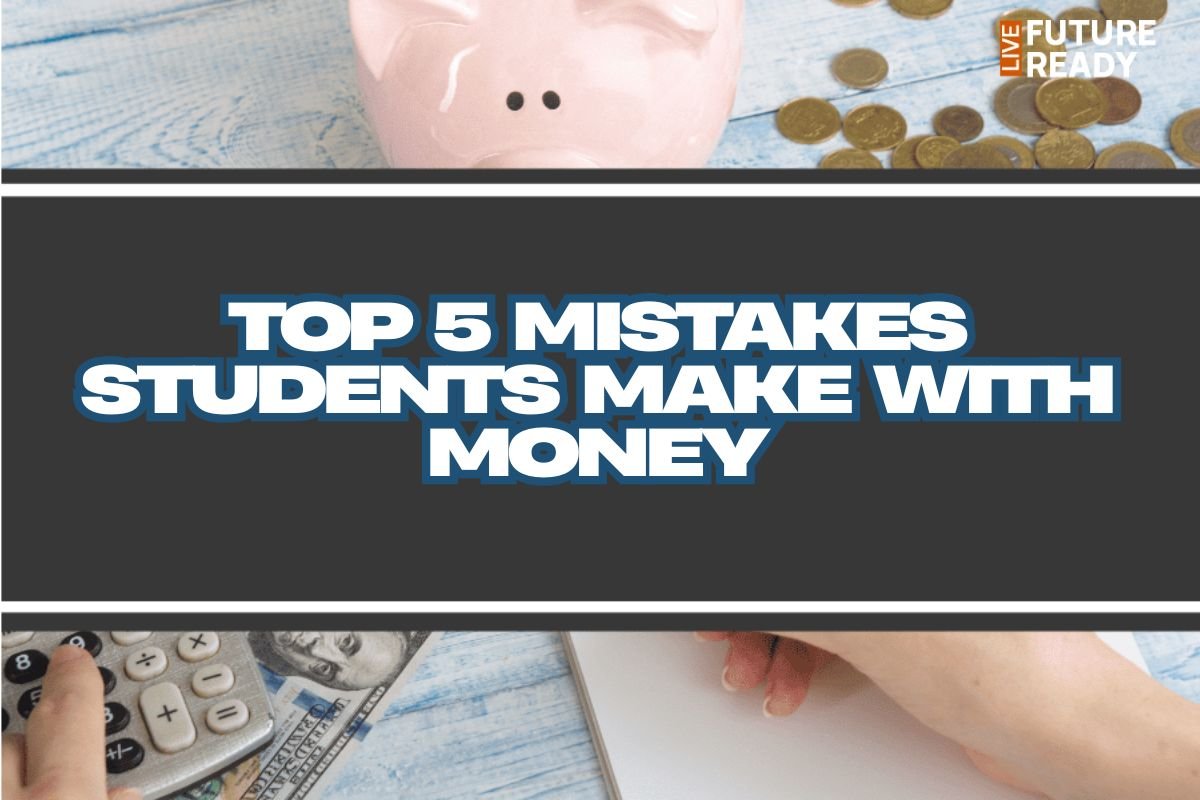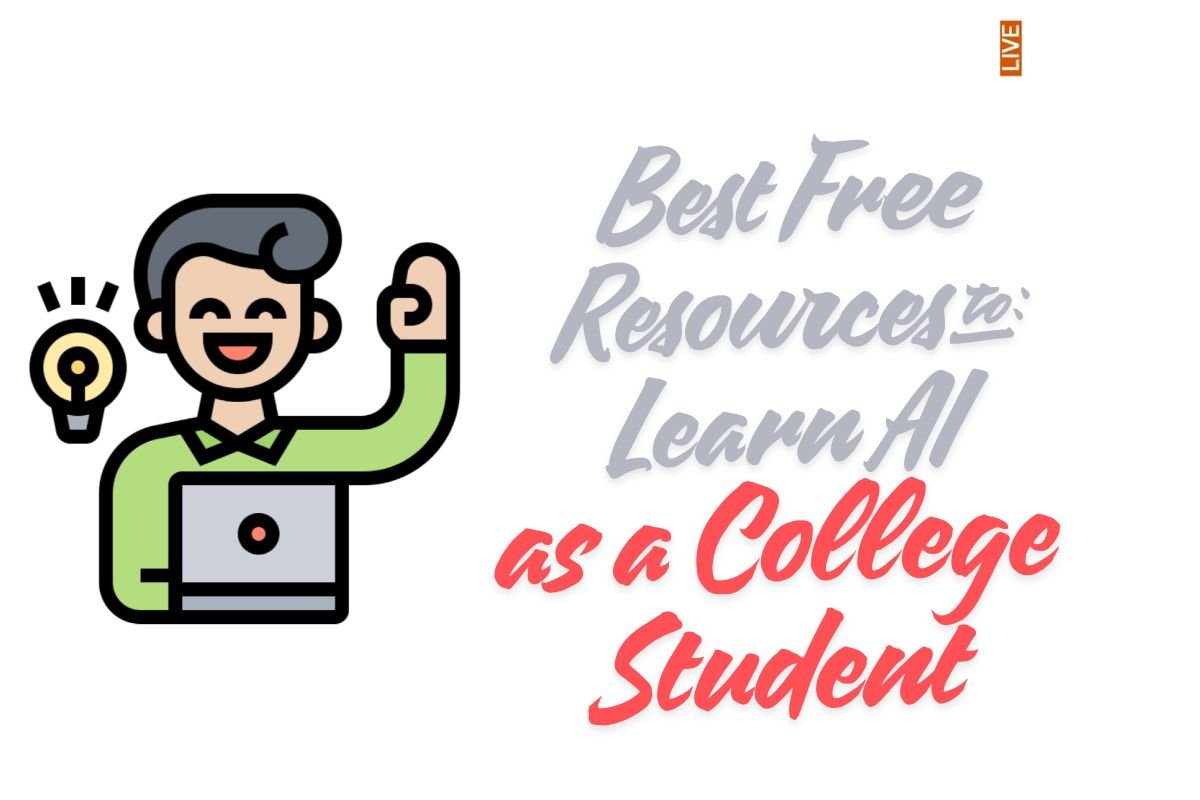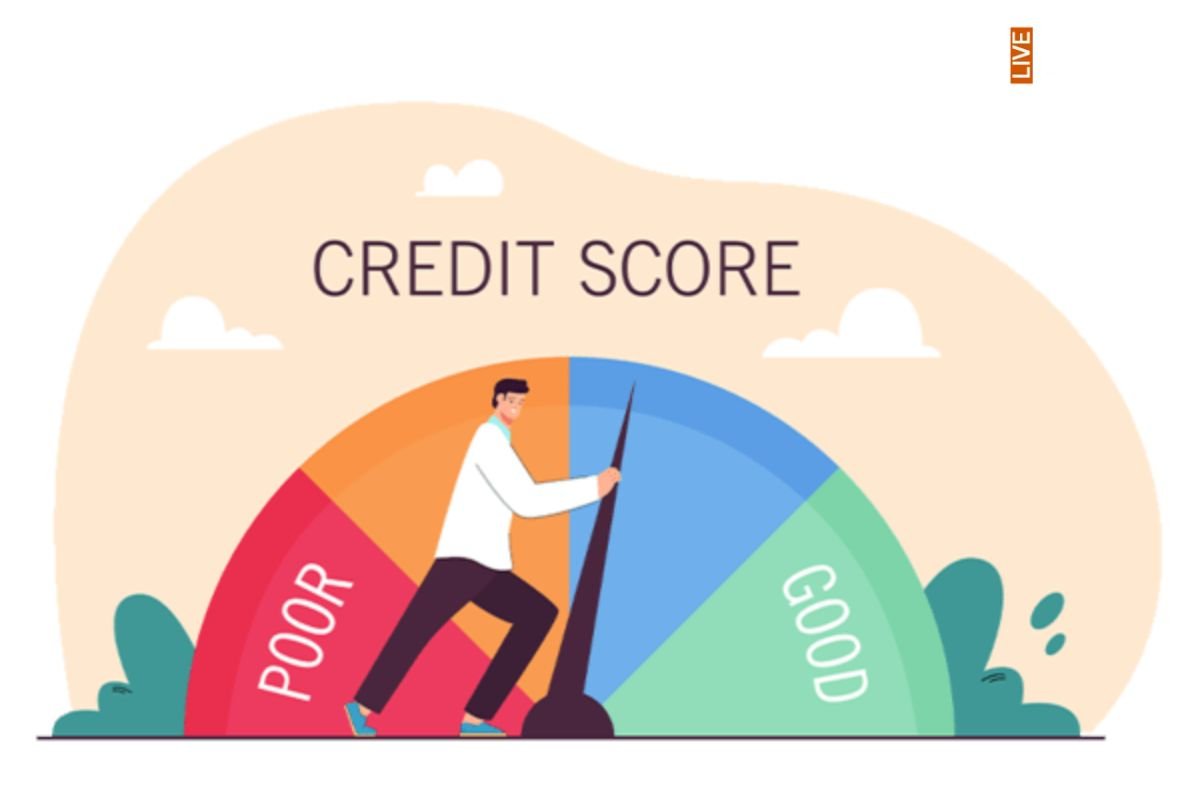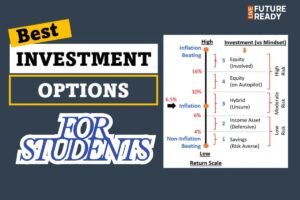If you’ve ever looked at job listings, you’ve probably come across descriptions asking for “certified experts” in various fields. It sounds impressive, right? But what if you’re good at what you do, but you don’t have a fancy certificate to back it up? Don’t worry! You can still call yourself an expert—without lying. Here’s how to do it legitimately.
What ‘Certified Expert’ Really Means
Let’s break it down. When companies ask for “certified experts,” they’re really looking for someone who can prove they have the skills they claim to have. They want assurance that you can do the job well. The thing is, getting a certificate doesn’t necessarily mean you’re the best at it—it just means you passed a test.
So, the real question is: Do you need that certificate to prove you’re an expert, or can you show it in other ways?
Ways to Prove Your Expertise
You might not have that official certification, but that doesn’t mean you can’t prove you’re an expert. Here are some legitimate ways to show your expertise:
1. Self-Learning
Thanks to the internet, learning has never been easier. You don’t need to pay for a certificate to become great at something. Whether it’s taking online courses, reading books, or diving into hands-on projects, you can get just as skilled as someone with a certification. Platforms like YouTube, Coursera, Udemy, and even blogs can teach you everything you need to know.
The key here is consistency. If you’ve invested hours into learning and practicing a skill, you have the expertise. All that matters is whether you can demonstrate it.
2. Portfolio Work
Instead of simply listing a certification, show real results. Build a portfolio that showcases your work. Whether it’s projects you’ve done on your own, freelance gigs, or even personal projects, showing real-world examples speaks volumes. Employers want to see what you can actually do, not just what a certificate says you can do.
Having case studies, before-and-after examples, and concrete results can give a much better idea of your skill level than a piece of paper ever could.
3. Freelancing & Internships
Experience is the best teacher. If you’ve worked with clients or interned at companies, you’ve got real-world experience to back up your skills. Freelancing is a great way to not only build your resume but also prove that you can deliver results. Many employers would rather see you’ve worked on projects and gained practical experience than just hold a certificate.
Freelancing also shows that you can handle the responsibilities of the role, manage time, and work with different types of people—valuable traits that a certificate doesn’t capture.
4. Industry Events & Webinars
Keeping up with industry events, webinars, and conferences helps you stay updated on trends, techniques, and best practices. It also gives you a chance to network with other professionals. Being involved in these events shows you’re committed to continuous learning and staying on top of your game.
These activities are great for expanding your knowledge and can also be a talking point when discussing your expertise in interviews or networking situations.
5. Personal Branding
One of the most powerful ways to establish yourself as an expert is to share what you know. Start a blog, post on LinkedIn, create YouTube videos, or share insights on other platforms. Sharing your knowledge not only helps others but also builds your personal brand. When you consistently share value and prove your knowledge, people will start seeing you as an authority in your field—no certificate needed.
Your content can be about anything you’ve learned in your field. Whether it’s tutorials, case studies, or just sharing your thoughts, it’s a great way to show that you know your stuff.
Smart Certifications to Consider
If you do want to get certified, don’t just go for any random course. Some certifications are recognized and respected in the industry. If you’re thinking about adding one to your resume, here are a few smart choices to consider:
- Google Certifications (for marketing, analytics, etc.): Google is one of the biggest names in the tech and marketing world. Having a Google certification is a good way to show that you know your stuff, especially for roles related to marketing and analytics.
- Coursera, Udemy, edX Courses: These platforms offer courses from reputable institutions and can give you a certificate upon completion. While these might not carry the same weight as a full university degree, they still show your dedication to learning.
- Microsoft, AWS, or Other Industry-Specific Certificates: Depending on your field, getting certified by Microsoft, Amazon Web Services (AWS), or other industry leaders can carry a lot of weight. These are well-known and respected certifications that show you have up-to-date skills in your industry.
Conclusion
Here’s the thing: You don’t need a fancy certificate to prove you’re an expert. What matters most is the knowledge and skills you’ve built up over time, and how well you can showcase that to others. Learn, practice, and find ways to prove your expertise that go beyond a certificate.
At Future Ready, we believe that knowledge is more important than paper qualifications. The real world values results, not just titles. So, keep building your skills, work on projects, share what you know, and don’t stress about missing a certificate. In the end, it’s your real-world experience and the value you bring that will truly set you apart.





